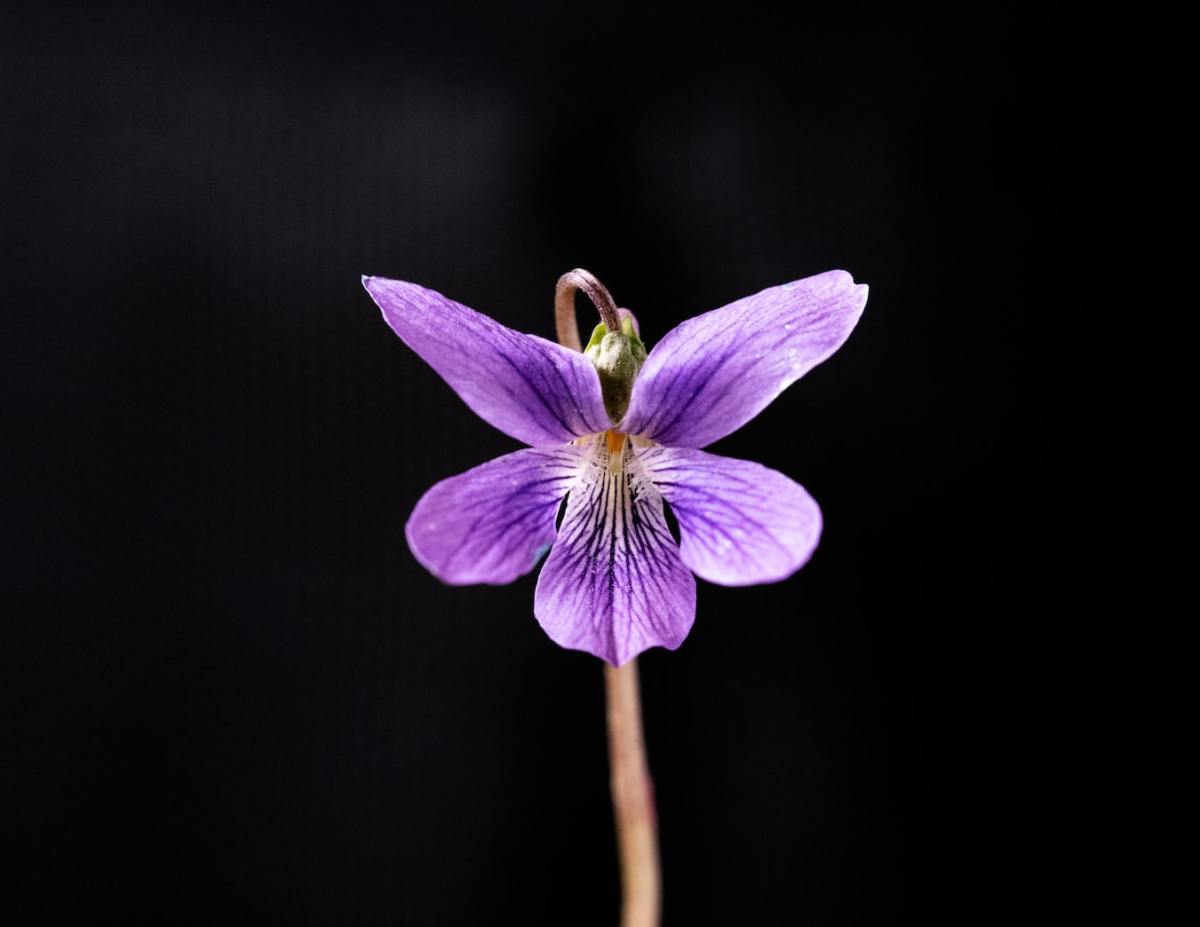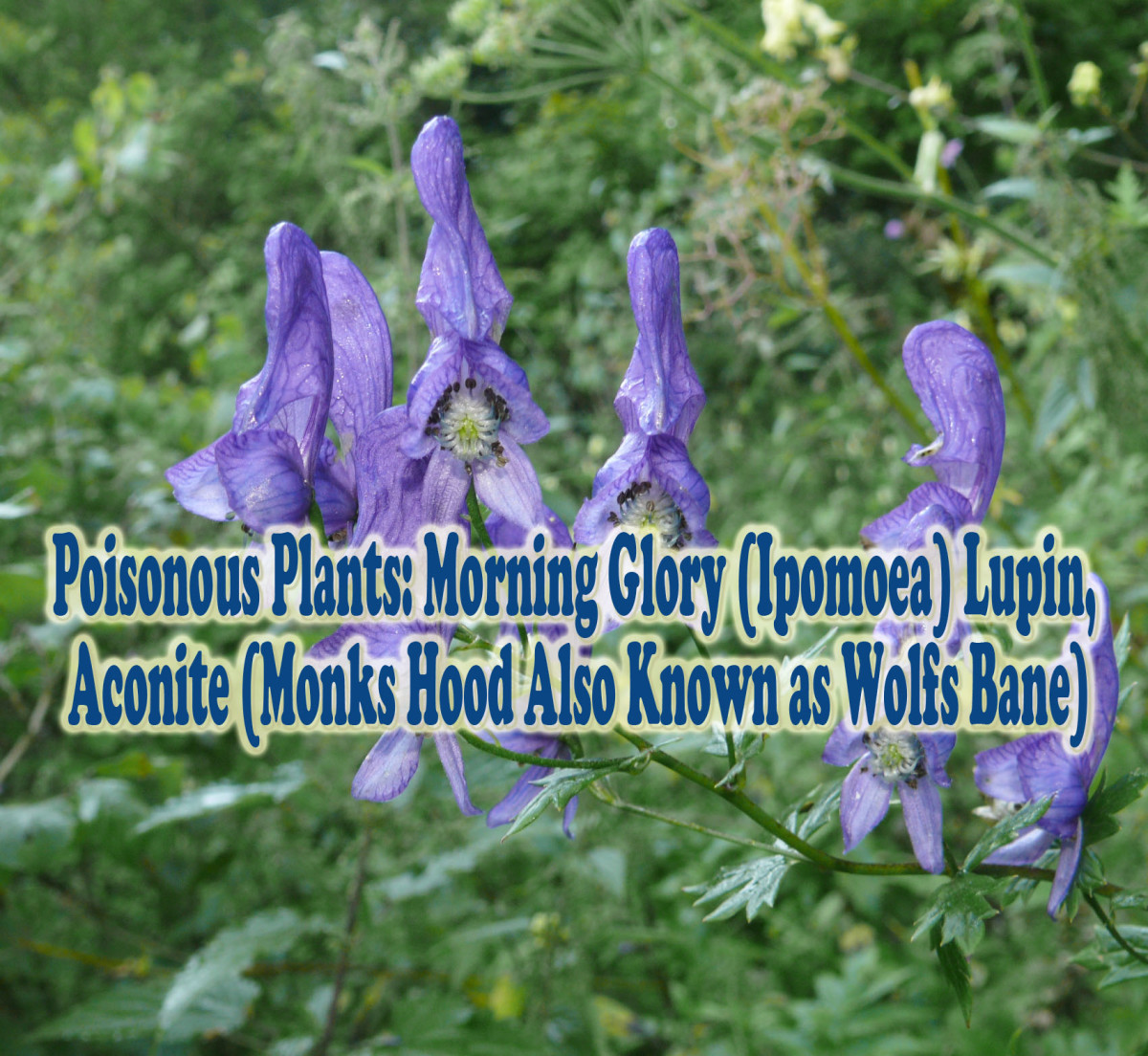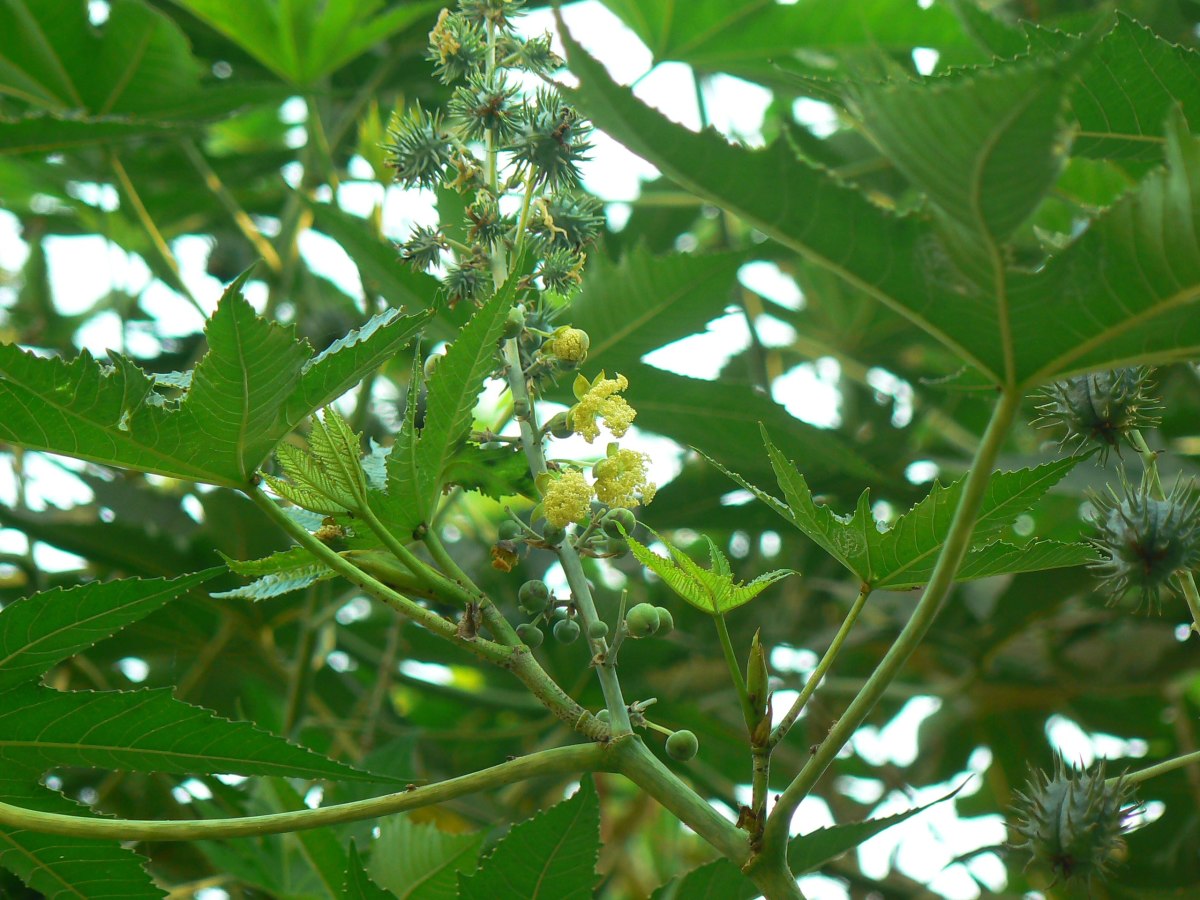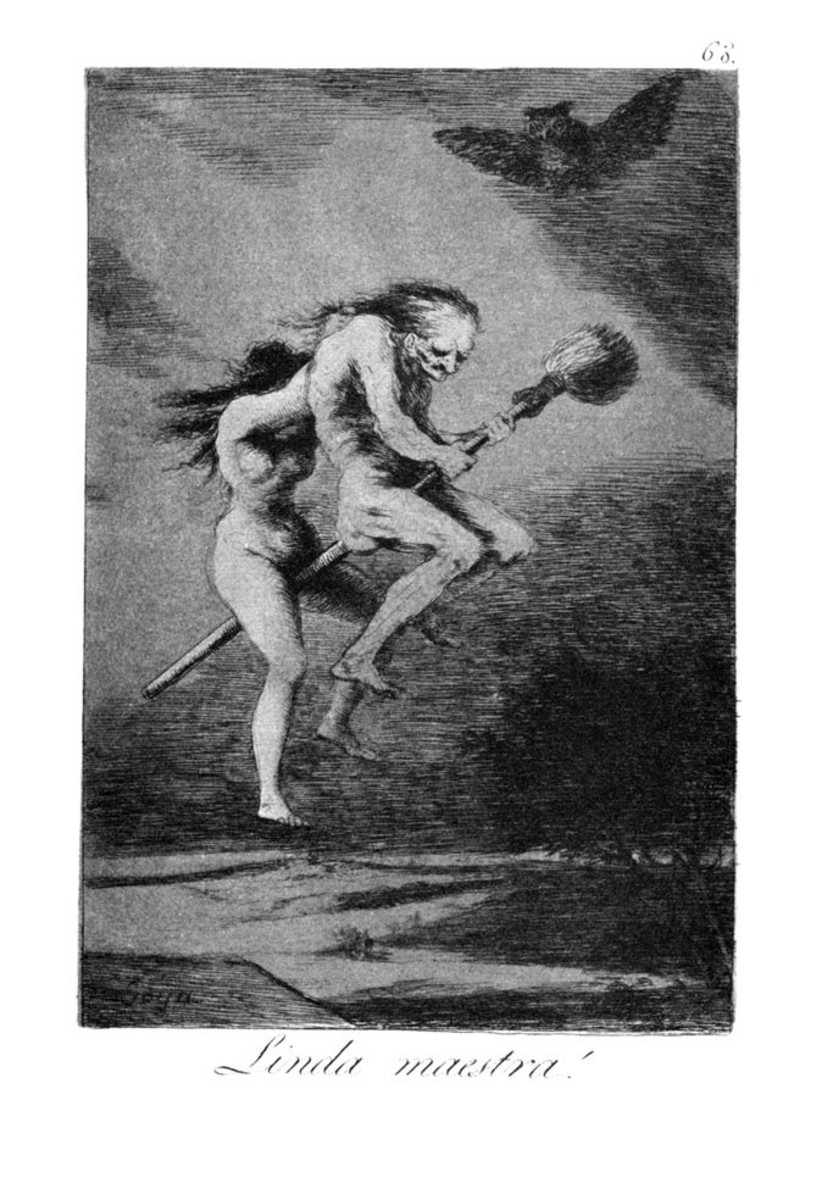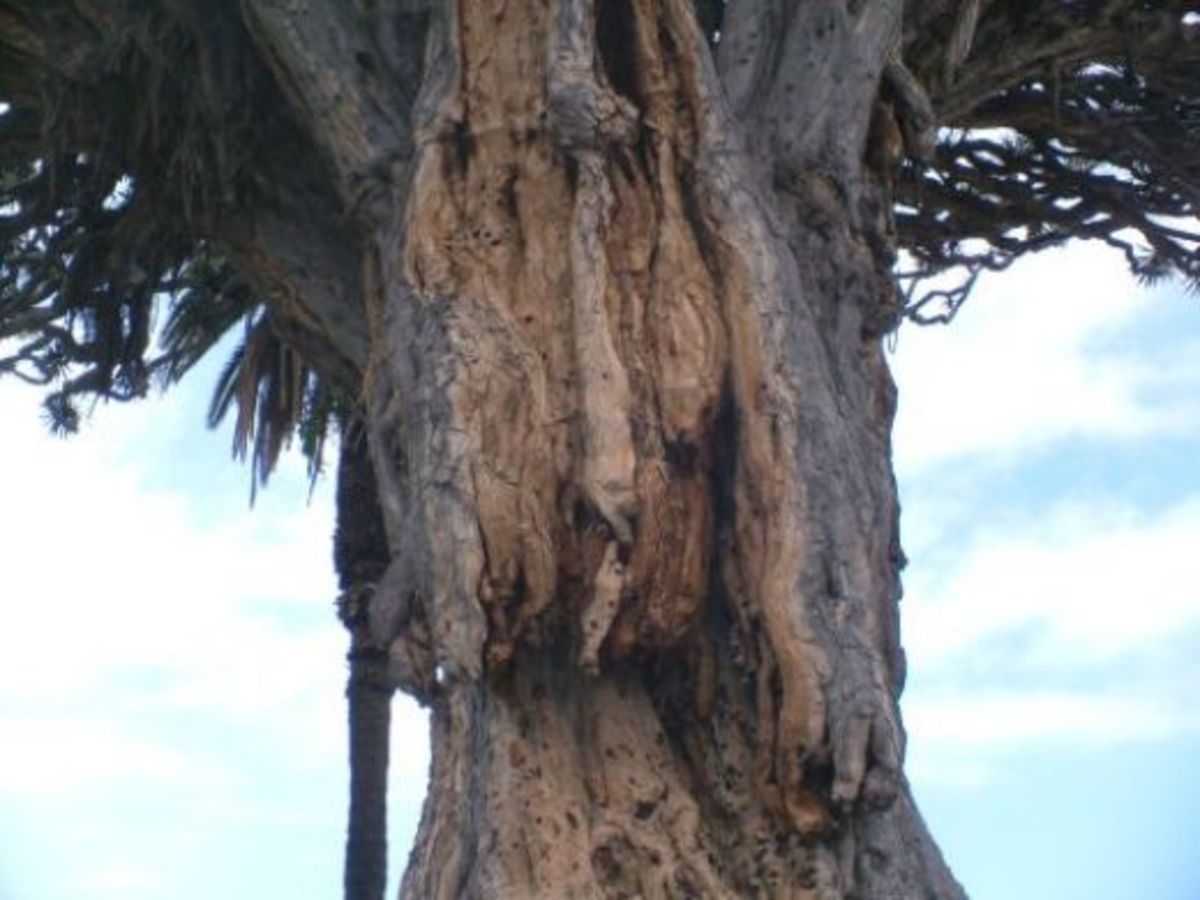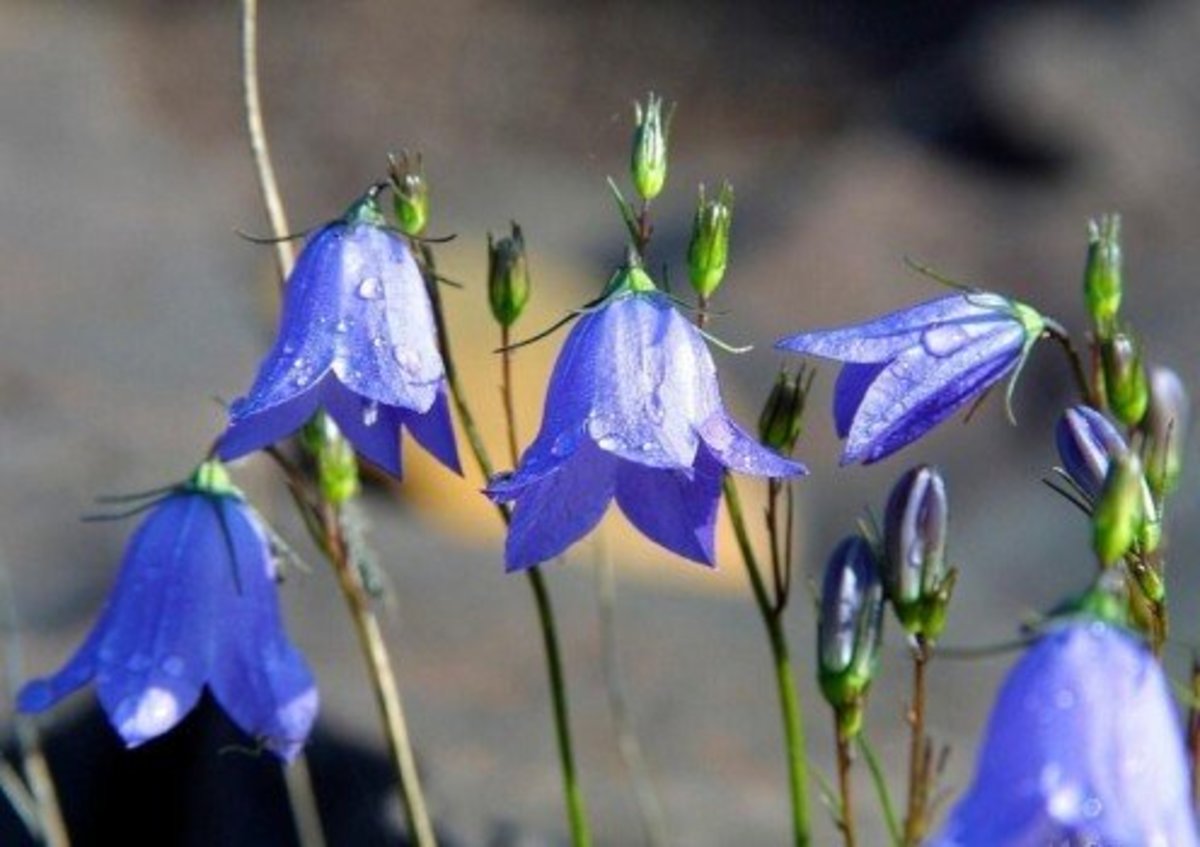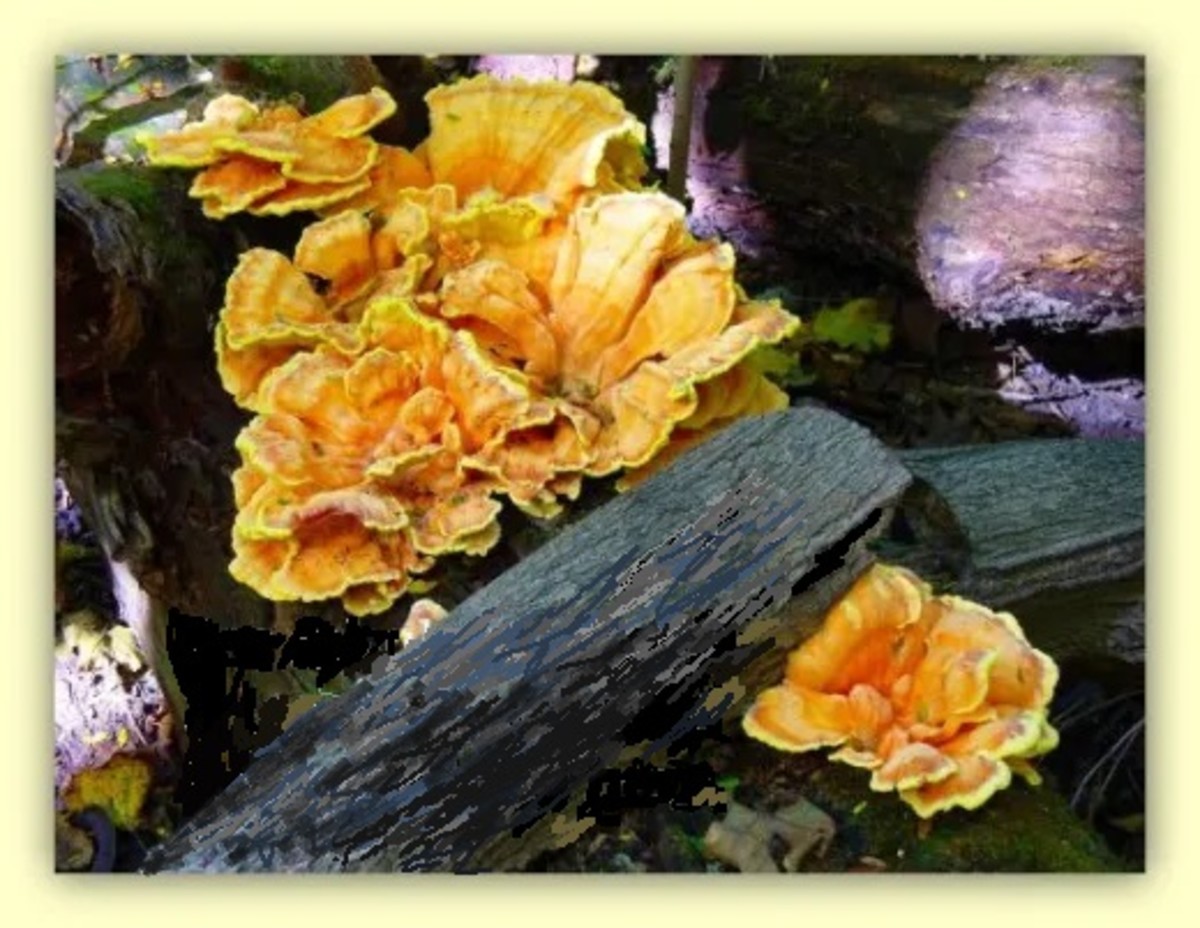Tenerife herbs: Datura or Thornapple is a poisonous plant
The beautiful but deadly Thorn-apple
Thorn-apple or Devil's Weed (Datura stramonium) has a very beautiful funnel-shaped flower but the plant really is a femme fatale because it is actually very poisonous. It is commonly found growing as an invasive weed on Tenerife and the other Canary Islands as well as many other parts of the world.
The closely related Datura metel is also found in similar locations on the islands. The plants tend to grow on roadsides, on waste ground and anywhere where the soil has recently been turned up such as a building site or in a farm or garden.
The Datura species all have medicinal properties but are far too dangerous to be used without medical supervision and in the correct dosages.
Thorn-apple photo
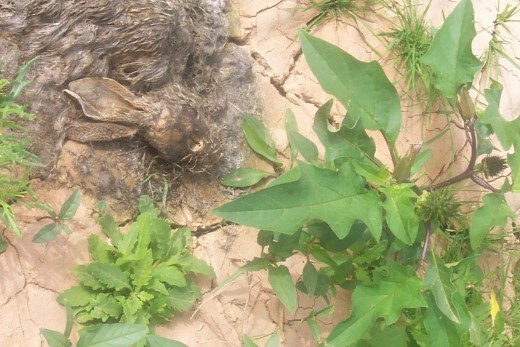
Datura flower
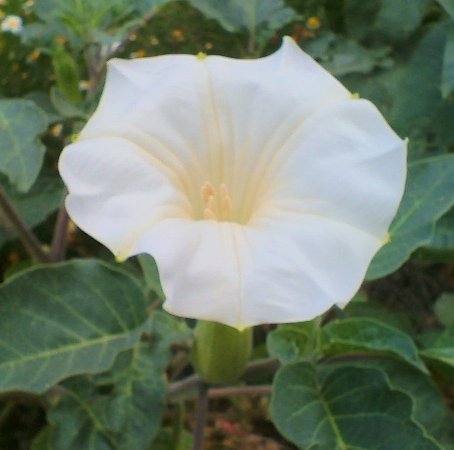
Carlos Castenada and Hunter S. Thompson
The best-selling authors Carlos Castenada and Hunter S. Thompson made mention of Datura as a mind-altering drug in their books The Teachings of Don Juan and Fear and Loathing in Las Vegas respectively. This brought this herb to the attention of recreational drug users and also people interested in shamanism and exploration of the human mind but because of the very real dangers resulting from consumption of Datura a warning needs to be made clear that these herbs are poisonous and can result in insanity and death.
In Castaneda's book, which is centred around the teachings of a Yaqui medicine man or sage, Datura is called by its alternative name of Jimsonweed and is referred to as a "power plant" because of its magical properties.
Thompson's work of fiction involves a lot of descriptions of drug abuse by the main characters and Datura is one of the substances named.
Although Datura does bring about extreme delerium and hallucinatory states it can also cause very real heart problems, unconsciousness, damage to the eyesight and death. The plant is related to Deadly Nightshade (Atropa belladonna), Mandrake (Mandragora officinalis) and Henbane (Hyoscyamus niger), which are all in the Solanaceae family of plants and which contain the toxic tropane alkaloids atropine, scopolamine and hyoscine in various amounts.
Bard of Ely talks about Datura
Datura or Thorn-apple described
Thorn-apple is a fast-growing half-hardy annual plant that in ideal settings with plenty of moisture in the ground can reach as much as two metres in height but is usually a lot shorter, and can flower when just a foot or so high. It has triangular lobed leaves and white or purplish tinged funnel-shaped flowers that develop into curious looking spiky green seed pods that are similar in many ways those of the Horse Chestnut tree (Aesculus hippocastanum) being green and covered in spines. The whole plant has a noxious smell.
It self-seeds itself very easily and often grows in large numbers on freshly turned soil. It is one of the food plants of the massive and spectacular caterpillar of the Death's Head Hawk Moth (Acherontia atropos).
Datura is sacred to the Hindu deity Lord Shiva, who is aptly associated with death and destruction. The herb is mentioned in the Vedas, the Holy Books of the Hindu religion.
Medicinally it has been used to treat asthma and for combating Parkinson's Disease but, as already pointed out it is too dangerous for domestic usage or consumption.
The plant got the name Jimson Weed as a corruption of Jamestown, and the story goes that in 1676, soldiers who were meant to stop the Jamestown rebellions in North American history were unable to do so because they all became extremely intoxicated after mistakenly cooking and eating this plants leaves instead of edible wild greens. The same thing reportedly once happened in 38 B.C. to Mark Anthony's legion.
In Spanish it is aptly known as Hierba del Diablo, which translates as "Herb of the Devil."

